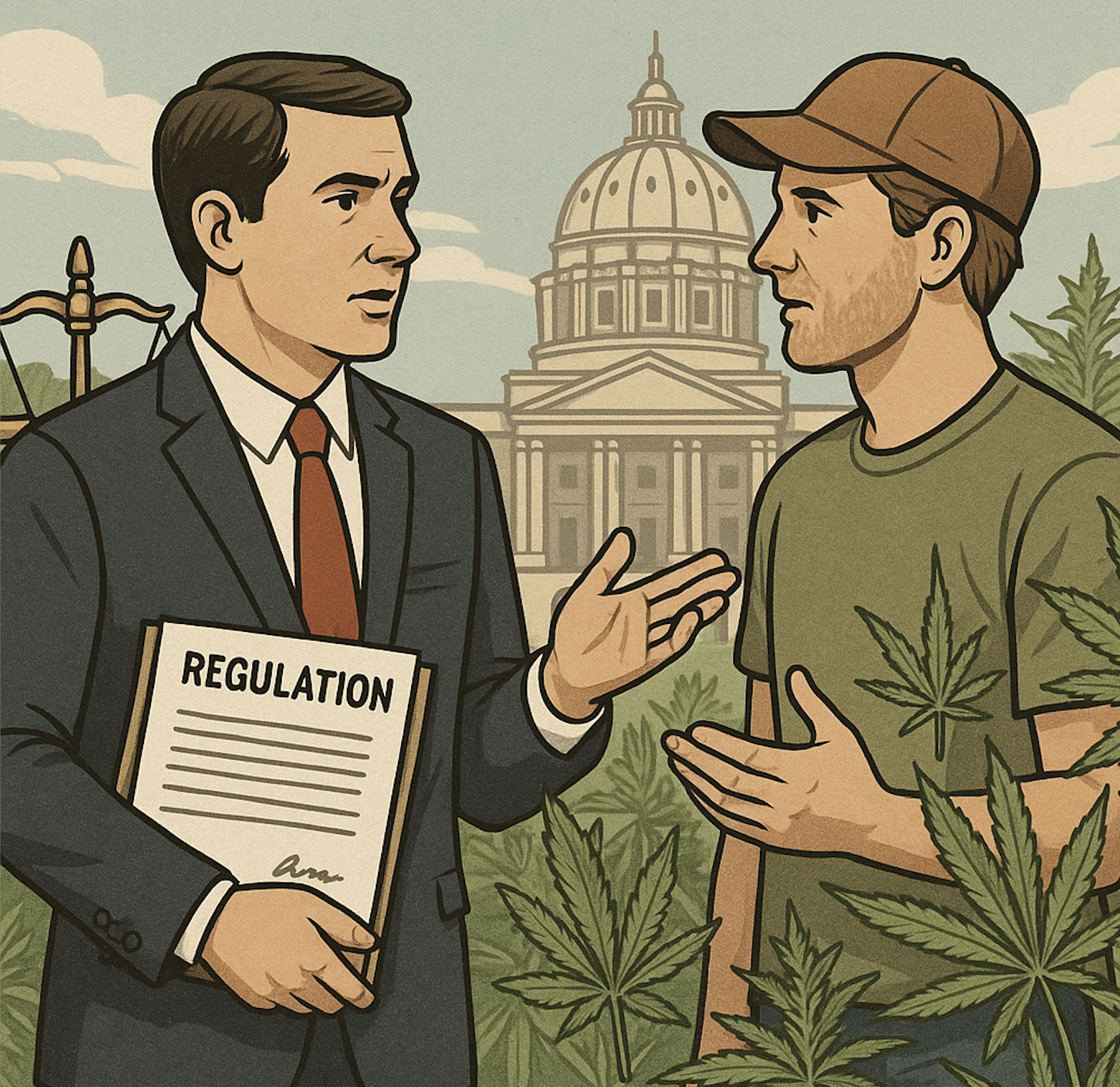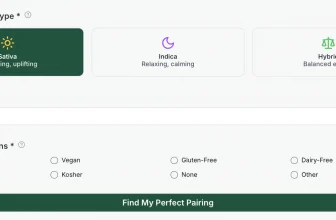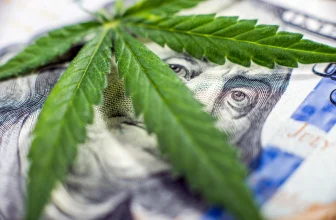
The relationship between hemp and cannabis regulation continues to evolve as lawmakers grapple with unintended consequences of the 2018 Farm Bill. When Congress legalized hemp production with the Agricultural Improvement Act of 2018, the intention was to support American farmers and create new economic opportunities. However, the legislation inadvertently created a regulatory gray area that has allowed intoxicating hemp-derived products to flourish in an unregulated market.
Key Statistics:
- 84% of hemp-derived delta-8 THC products tested contain illegal levels of delta-9 THC
- The hemp industry generated $824 million in retail sales in 2021
- 18 states currently ban delta-8 THC products despite federal hemp legalization
- Hemp cultivation increased by 455% between 2019 and 2021
- Only 22% of consumers understand the difference between hemp and marijuana
The Evolution of Hemp Laws Since the 2018 Farm Bill
The distinction between hemp and marijuana has always been somewhat artificial, based solely on THC concentration rather than the plant’s fundamental characteristics. As detailed in FlavorFix’s comprehensive guide to cannabis terminology, hemp is defined as cannabis containing less than 0.3% delta-9 THC by dry weight, while marijuana exceeds this threshold. This seemingly clear delineation has become increasingly complex as manufacturers have found ways to create intoxicating products from hemp through various extraction and concentration processes.
Delta-8 THC and Hemp-Derived Cannabinoids: The Gray Market Explosion
Delta-8 THC, delta-10 THC, and other hemp-derived cannabinoids have emerged as popular alternatives to traditional marijuana products. These compounds can produce psychoactive effects similar to delta-9 THC but exist in a legal gray area because they’re derived from federally legal hemp. FlavorFix’s detailed analysis of Delta-8 THC explains how this compound has gained popularity despite regulatory uncertainties.
The proliferation of these products has raised concerns among regulators, parents, and public health advocates who worry about inconsistent potency, lack of quality control, and easy accessibility to minors. Unlike state-licensed marijuana products, which are subject to testing requirements and quality controls, hemp-derived products often lack consistent oversight. Reports of products containing higher THC levels than advertised, contamination with pesticides or heavy metals, and inconsistent dosing have prompted calls for stricter regulation.
Federal vs. State Cannabis Laws: The Ongoing Regulatory Conflict
The push for renewed federal regulation reflects broader tensions in American cannabis policy. States have increasingly legalized marijuana for medical and recreational use, creating a patchwork of regulations that vary dramatically across jurisdictions. As outlined in FlavorFix’s state-by-state legalization guide, the current landscape includes varying approaches to both medical and recreational cannabis.
Meanwhile, federal prohibition remains in place, creating ongoing conflicts between state and federal law. Hemp-derived intoxicating products have further complicated this landscape by occupying a space that’s technically federally legal but subject to varying state restrictions. State responses to hemp-derived intoxicating products have varied considerably, with some states moving to ban or restrict these products while others have chosen to regulate them similarly to marijuana.
Hemp Industry Economic Impact and Consumer Safety Concerns
The economic implications of potential hemp restrictions are significant. The hemp industry has grown rapidly since legalization, supporting farmers, processors, manufacturers, and retailers across the country. Rural communities that have struggled economically have found new opportunities in hemp cultivation and processing. Any regulatory changes could significantly impact these emerging businesses and the communities that depend on them.
Consumer safety concerns drive much of the regulatory discussion. FlavorFix’s CBD dosage calculator and safety guide demonstrates the importance of proper dosing and quality standards in hemp-derived products. The legal hemp industry argues that overly restrictive federal regulations could stifle innovation and economic growth while pushing consumers toward illegal markets.
International Hemp Regulation and Future Policy Directions
The international context also influences American hemp policy. As other countries develop their own cannabis and hemp regulations, the United States must consider how its policies affect international trade and competitiveness. Some nations have taken more restrictive approaches to hemp-derived products, while others have developed comprehensive regulatory frameworks that balance safety with economic opportunity.
Looking forward, the debate over hemp regulation reflects broader questions about drug policy, federalism, and regulatory approaches to emerging industries. The outcome of current legislative efforts will likely influence how the United States approaches cannabis regulation more broadly and could serve as a model for other countries grappling with similar issues.






